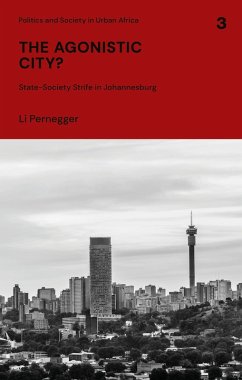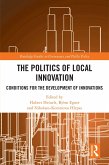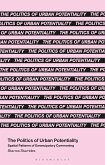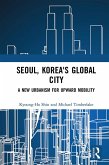An exploration of Johannesburg's post-apartheid's city administration's governance of conflict from 1996 to the current day, in the case of service delivery protests and shifts in city policy. The author, Li Pernegger, focuses in-depth on the water wars in Orange Farm, insurgent informal traders in the inner city, and the billing battle fought by the middle class.
This book provides deep insights into facets of protests: from the local state's qualification of the conflicts; its portrayals of protestors; its agonistic and antagonistic responses to protestors' claims; to power dynamics and the forms of agreement reached.
Pernegger considers what the practical prospects of agonism might be for the local government to regard city strife in its practices of governance as a constructive - rather than destructive - force for change, and the realisation of democratic ideals for its ordinary citizens.
This book provides deep insights into facets of protests: from the local state's qualification of the conflicts; its portrayals of protestors; its agonistic and antagonistic responses to protestors' claims; to power dynamics and the forms of agreement reached.
Pernegger considers what the practical prospects of agonism might be for the local government to regard city strife in its practices of governance as a constructive - rather than destructive - force for change, and the realisation of democratic ideals for its ordinary citizens.









